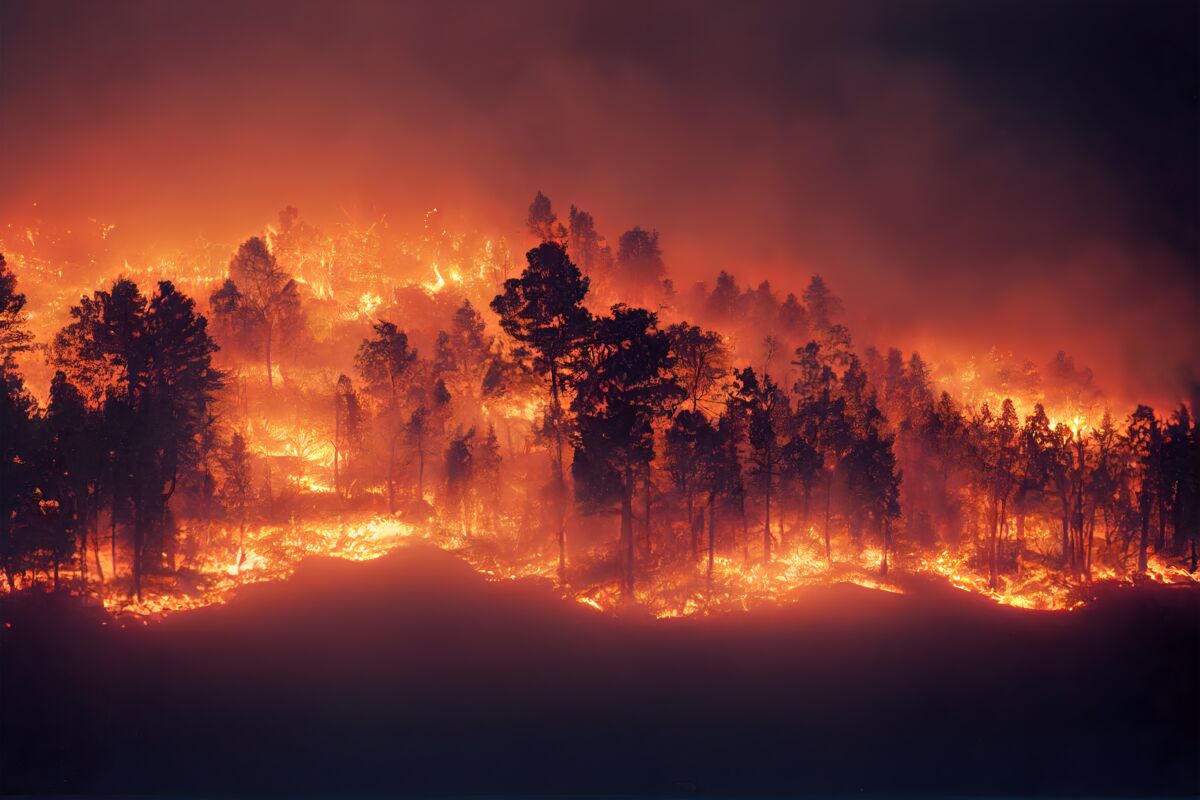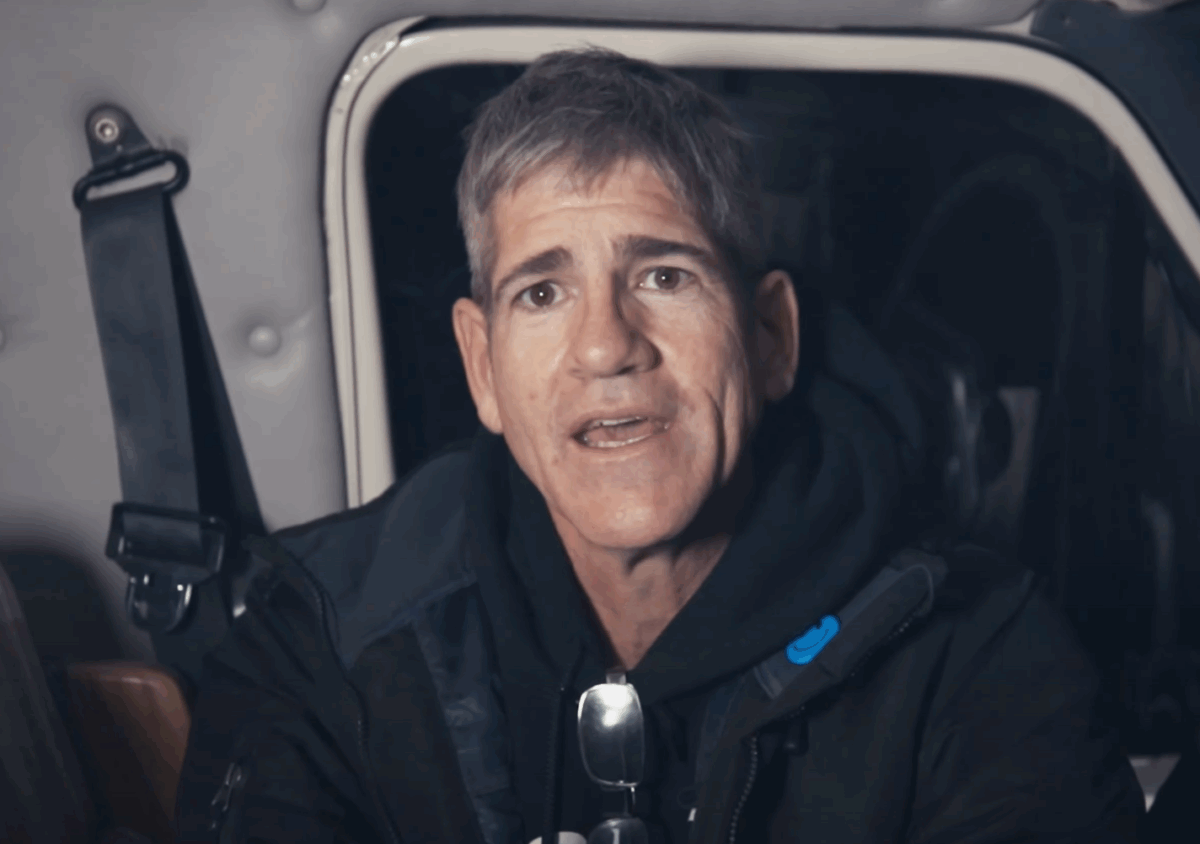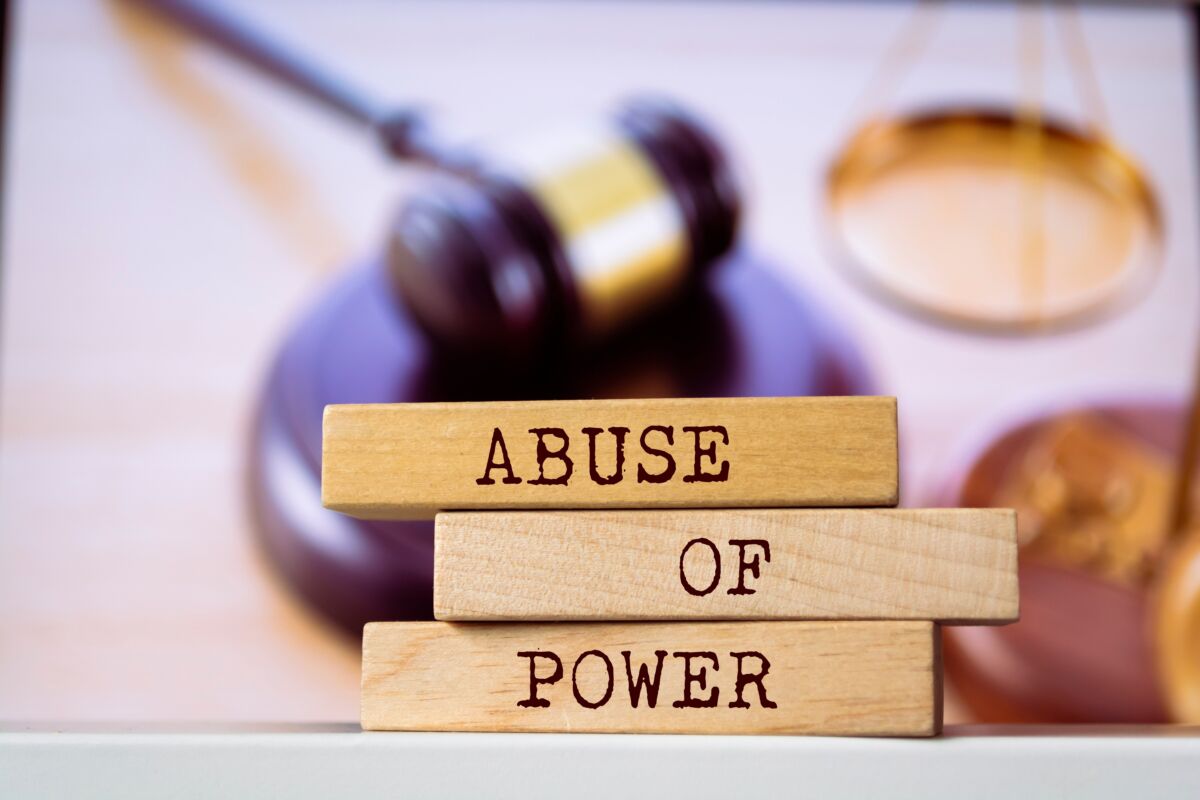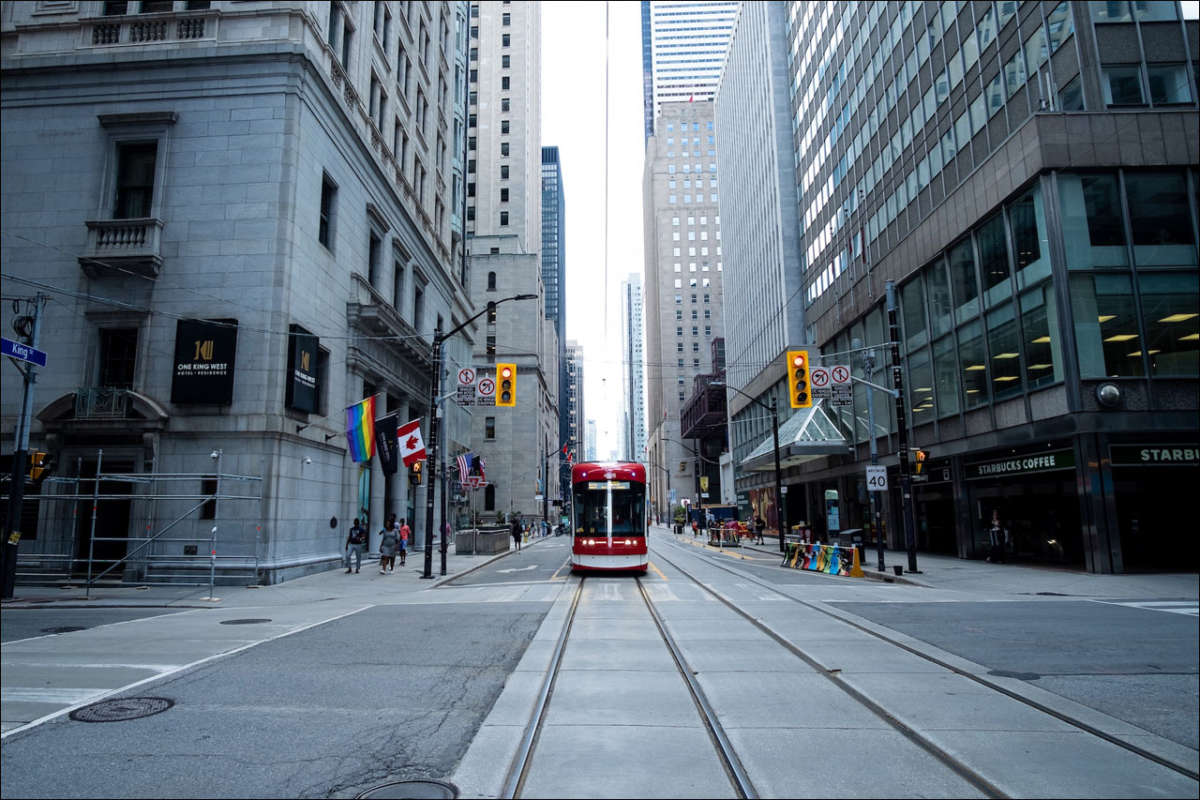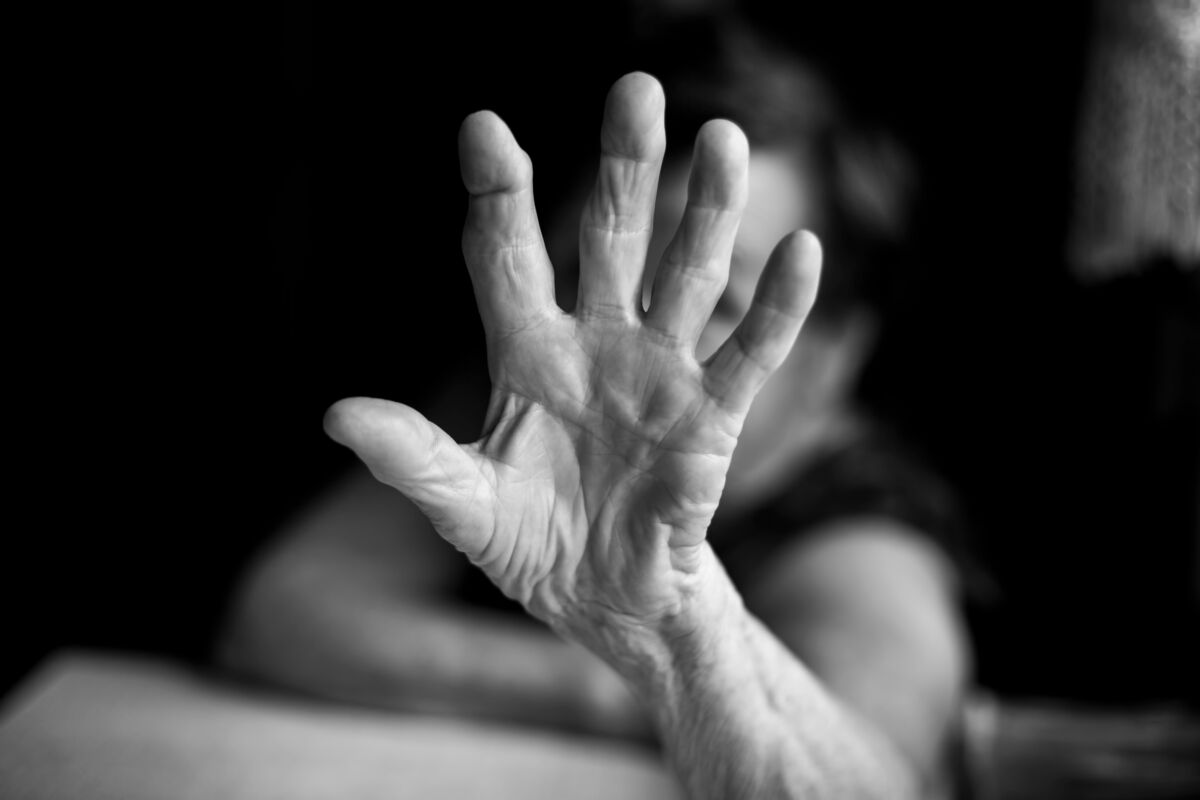WILDFIRES: Living in Hell
Shuswap B.C. Residents Angry at Government Incompetence
People are as mad as hell in temperatures that feel like hell!
Wildfire temperatures range between 800-1200°C, and, in those ungodly temperatures, locals in the Shuswap region of British Columbia are fighting for their homes, businesses and lives. Meanwhile, the government is more concerned about looters. There are more military and police to be seen than firefighters. Some have said, “There are no forestry people to be seen. There is no one here from BC Wildfire Services.” While this is not 100% true, indeed, the leadership from any one of the many government agencies supposedly on the scene is non-existent. It seems a free-for-all mayhem, more reminiscent of Mardi Gras than a first-world fire scene.
In one of the most deadly fires to hit BC in decades, temperatures are rising in other ways. People are angry; they feel betrayed and abandoned and they are not going to take this lying down. Told to stay in their homes and behave, they feel like bad dogs kenneled and punished for wanting to help. However, this is a community that doesn’t blindly follow rules, especially when the rules are nonsensical and downright stupid. These rules are creating further destruction, under the guise of keeping everyone safe. Safe? How can what the government is doing be called safe, as fire rips through communities at break-neck speeds, in one day traveling 20 km in 12 hours, leaving no time for residents to prepare for evacuation? With much of Canada literally on fire, the government lacks both the equipment and the manpower to fight the fires alone. While public safety is their go-to reason for denying help from public resources, their reason serves to support their ultimate goal — more Canadians homeless and dependent on government resources.
Don’t lose touch with uncensored news! Join our mailing list today.
Canadians are going to fight, especially in areas like the Shuswap, where families have been connected to the land for generations. While many locals have experience that far surpasses that of the help brought in from Mexico, more than anything, they have the spirit, the heart and the drive to save their homes and communities. Why is their help not being embraced? Angela Lagore, a long-time resident in the Shuswap and part-owner of The Hub (a restaurant in Scotch Creek) had plans in place to use the restaurant to provide frontline workers with meals. Their plans were thwarted, however, when efforts to retrieve supplies being delivered by boat were blocked by the RCMP because they didn’t have a permit. At the infamous one-lane bridge outside of Scotch Creek, locals with food trucks and critical supplies such as gas, propane and pumps are being blocked by military and police, with threats of arrest if they attempt to cross the bridge.
Meanwhile, back in the blazing mountains and hills of the Shuswap, thousands are working tirelessly, many for days, with little to no sleep, insufficient food and limited supplies. On August 18, Premier David Eby enacted the Emergency Act (EA), designed to give the province, the ability to better serve and protect the residents of the Shuswap. Their efforts have failed miserably! It feels more like oppression than protection. Eby enforced the strictest laws in the province, giving the government full rights in the Shuswap, while the residents of all but one community lost theirs. Strangely, Anglemont, at the northern end of the lake, has escaped the tyranny. In talking to the locals there,, it’s hard to believe they are experiencing the same fire on the same lake as the rest of the communities. They can move around freely, purchase gas for their generator and launch their boat in the lake at a public marina — activities that the rest of the residents on the lake are forbidden to do.
While every community from Scotch Creek to Celista and beyond is under the merciless rules of the dictatorial Emergency Act, Anglemont eats, drinks and is merry. Families there praise the firefighters and are eager to help out at the Lakeview Community Centre. It is impossible to fathom that the same fire that rages directly behind Anglemont Mountain is the one that has destroyed countless homes, ravaged stunning forests and left an unrecognizable charred mess that screams incompetence. Why is Anglemont exempt from the hardships that the EA has imposed on the other communities? Why do they have privileges that neighbouring communities do not and why aren’t they even on alert? Are they being lulled into a false sense of security only to become the next community burned to the ground? So, while thousands are fighting for their homes and lives, unable to obtain the necessities required to survive, Anglemont residents are feeding the firefighters and those in need with the compassion and community that marks this precious region.
At some imaginary line that divides Anglemont and Celista (a community decimated by the famous backburn), the latter residents are being treated like second-class citizens with spike belts on the streets and in lockdowns far too reminiscent of the Hitler-like days of Covid. Desperate for necessities such as food, water and fuel, they are extinguishing hotspots, mostly with backbreaking work and simple shovels. While they clamour for equipment and help, I am told that firefighters sit in their camps, drinking coffee under orders to stand down. A friend of mine who is a professional logger and heavy machinery operator, has been formally trained to fight fires as is the requirement for all loggers in the province. He is experienced and knowledgeable, yet he sits outside the ring, watching inexperienced young Mexicans who have never fought wildfires on terrain like this.
Residents, working like slaves in the heat, desperate for much-needed water, see fire trucks drive by, loaded with water. The firefighters wave and keep going, “Just following orders”, they say. Meanwhile, heavy machinery that could be building fireguards remains unused, newbies are fighting the fires, and experienced firefighters are barred from helping. My logger friend also told me that after fighting one fire successfully, the company was told they were too efficient and too opinionated and weren’t invited back. In other words, they knew what the hell they were doing! BC is also home to Coulson Aviation, a global leader in aerial firefighting, emergency personnel transport and other industrial heavy lift operations. Where are they when we need them? They usually spend the summers fighting fires in the US and countries as far away as Australia and Chile. Since 2015, they have only been called in to fight one fire in BC and that was in 2021.
We are experiencing our worst wildfire season ever in the province. We have the best aerial firefighters in the world at our doorstep and, while the rest of the world appreciates their expertise, the BC government stupidly thumbs their nose at them. Choosing cheap, unqualified, Mexican labourers over qualified Canadians just doesn’t make sense. The inexperience and lack of first-class firefighters have cost us billions. It is hard to fathom the frustration of the locals. They have at their feet the largest lake in the province and one of the top 10 water reservoirs in the world, yet without the proper equipment, they cannot access the water to fight the fires. Though helicopters carrying buckets of water are a normal part of firefighting in this province, that familiar sight and sound has been rare this summer. The government says it is because the boats in the lake made it difficult to access. Locals disagree.
One resident in the Meadow Creek area ravaged by the backburn cries in anger and frustration. The government defends their backburn, a controlled burn of 14 km on one of the windiest nights of the summer. At approximately 4:00 p.m., with no notice to the residents in the area, the backburn was lit despite warnings of 40-50 km winds. As the wind changed direction, the “controlled” fire decimated three communities: Scotch Creek, Lee Creek and Celista. Defended by firefighters and government agencies, it was deemed a success. It saved hundreds of homes, they say. Success? Wiping out three communities is a success? Only a government wanting more citizens to be homeless and desperate for their 15-minute City agenda to thrive would call that a success.
The one star of the government show is Jay Simpson, the director of the CSRD (Columbia Shuswap Regional District). Everyone I talked to spoke highly of his diligent efforts, his communication skills and his constant presence. As a long-term resident of Lee Creek, Jay understands the mentality of his people. Many of them have been on the land for generations, on property bought by their parents’ parents. They have birthed babies and dreams on this land. They have nurtured generational relationships with both the community and their homesteads. They were born here and they intend to die here, but not in a fire, not if they can help it! They will not stand down. They will not sit down and obey orders. They will fight for their homes and their lives.
It is hard not to be proud of the fighting spirit beaming in the Shuswap this summer. It has been challenging not to cry at the devastation of the beautifully scenic lake and tiny communities home to an eclectic mix of artists, boaters, families and farms. It is also hard to not be livid at the arrogance, stupidity and Nazi-like mentality of our government. It feels like us against them. With BC residents now paying the fourth-highest personal income tax rate in Canada and the US combined, we would like to believe that our taxes cover first-class services such as fire protection and a much-coveted lifestyle. However, it is time to wake up to the reality that we are more likely paying for stupidity, arrogance and incompetence. I would like to hear what the people of the Shuswap, who have now seen firsthand the inept use of our hard-earned dollars, have to say.
The land will heal; that is what it does. The trees will grow back; that is the marvel of Mother Nature. But, the fury of the residents of the Shuswap at what they see as an incompetent and ruthless government may take a whole lot longer.
Explore More...

